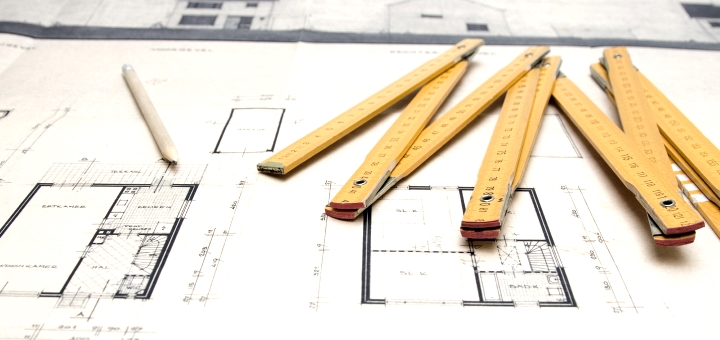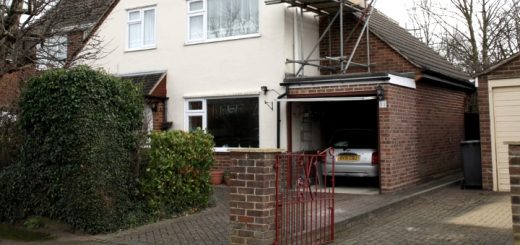What to research before you begin a self-build

Building your own home can be an uphill struggle at the best of times, but when you cover all the bases concerned with your self-build it can save you a lot of stress down the line.
There is a lot to get your head around when you take on a self-build, and so it’s vital that you do the necessary research to ensure that you don’t go over budget and don’t run into any more complications than you need to.
Here are some of the main areas you should put some research time into.
Sourcing your land
The first thing you will need to spend some research time on is land. You need to firstly identify the land you want to build on, and then find out if you can get planning permission to build on it, and finally how to acquire it.
If you don’t already have a plot in mind there are resources that you can use to find suitable plots in your area. Two of the best online resources for finding land to build on in your area are Need-A-Plot and Plot Browser.
Financing your build
Getting a mortgage for a self-build isn’t as straight forward as a regular mortgage loan. Banks view self-build projects as high risk, and so they will ask for a deposit of at least 30%. For a better deal, you may need to fork out at least 40% of the loan – which will most likely be a hefty sum.
In a self-build mortgage you will receive the funds in stages rather than all in one go as with a traditional mortgage. The instalment of the loan that you will receive is intended to fund the different stages of the build from purchasing the land right through to decorating and furnishing the property.
You should find an independent mortgage advisor who will explain what you need to have in place before you make your application; for example, some lenders will want you to have already been given planning permission before applying for a mortgage.
Finding contractors
Your mortgage provider will most probably expect you to use professional contractors for the actual build as opposed to you carrying out the work yourself. This means that you will have to budget for their fees, and good research will really pay off when searching for contractors.
You will need to find builders that you can rely on, who don’t overcharge, and who will get the job done on time. There will always be problems and unforeseen delays with any build, but you can pre-empt many of these by choosing the right contractors at the beginning.
While there are online resources you can use to find contractors in your area, it’s often more useful to use local sources such as newspapers, the Yellow Pages, and, maybe most importantly, word of mouth.
A good tip is to talk to at least three contractors for each job – so, three electricians, three plumbers, three builders, etc. – to ensure that you get the best quotes and establish who you feel you can work best with. It’s also good to get quotes from a mix of sole traders and larger firms.
The design process
The aspect of your self-build that you are likely to spend the most time researching is its design.
You may have a picture in your head of how you would like the house to look, but transferring that to plans and architectural drawings is a different matter. You will most likely want to hire an architect to help you with your design, and how much control you want to give them over the creative process will be up to you.
Search for local architects in your area and once again apply the same process as you did with the contractors. If you engage with an architect at an early stage they can be a very useful source of information, and could even help you to source a piece of land and find trustworthy builders.
However, the main reason to engage with an architect at the earliest stage possible is to create the design of the house. An architect will also be able to advise you on the best specifications for materials and fixtures to use throughout the property.
Photo credit: Jean Scheijen








